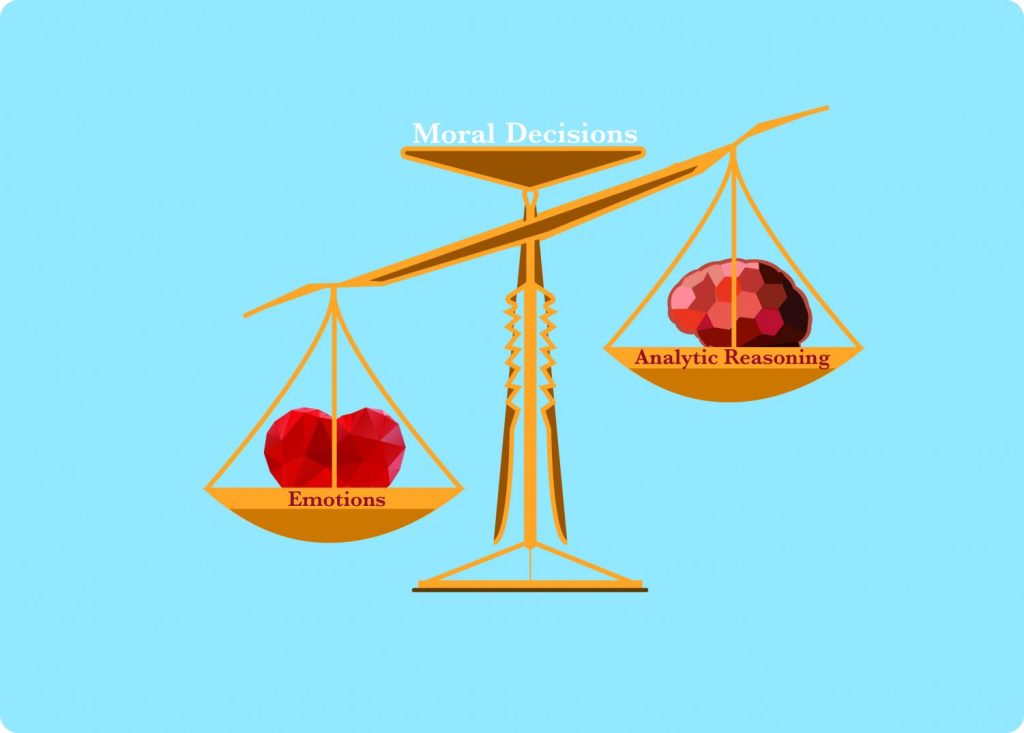There is no crafted-out formula or algorithm for moral decision-making. Good moral decision-making includes knowledge of the facts, and careful consideration of the moral values (principles) relevant to a given situation. Importantly, sensitivity and awareness of the range of interests are also highly sought in moral decision-making process.
Getting the Facts Straight
To make a good decision, we have to get the facts of the situation straight. In some difficult cases, additional facts may make the correct course of action apparent. These facts are available through science, or from the experiences of people who have studied the situation for a long time.
The Importance of Moral Sensitivity
Sensitivity to the moral issues involved in everyday activities is important for moral decision-making. Sometimes, we may take the help of instincts for taking trivial decisions. For example, most of us do not require an impetus to avoid lying in most cases.
For a problem with moral importance, the first and perhaps the most important step in resolving the problem lies in finding out the range of considerations. This includes an awareness of the parties going to be affected, sensitivity to the set of values or principles probably to be applied, and a sensitivity to the factors that influence the decision.


